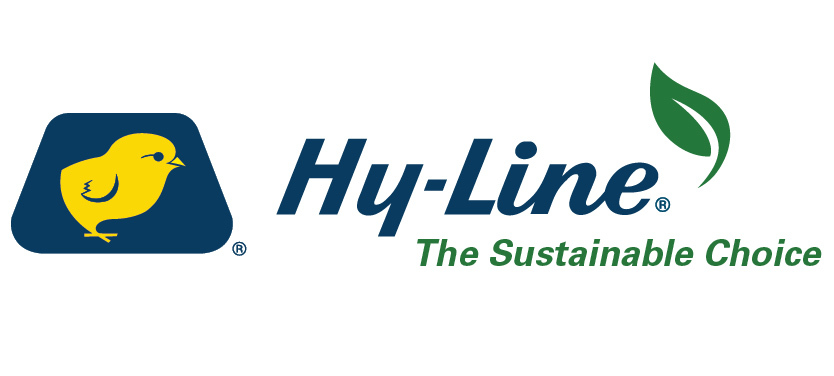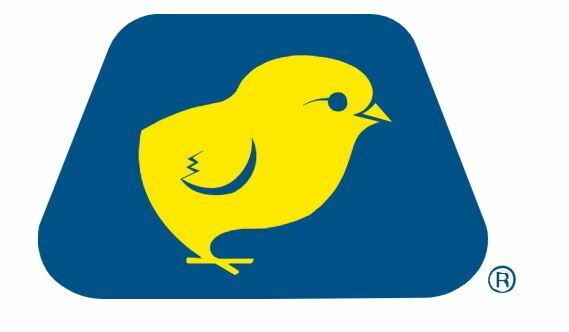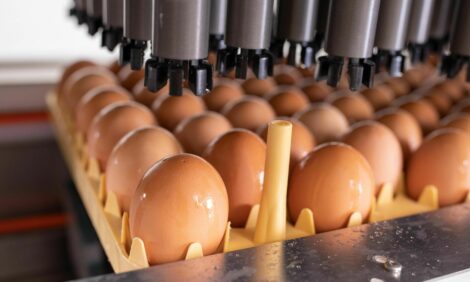



8 tips for keeping ranging birds indoors
Keeping birds comfortable and productive in confinement with increased risk of Avian InfluenzaRanging birds is a standard practice for many farms in the UK and around Europe. Although optimal for hen welfare and behaviour, outdoors comes with an increased risk of disease exposure.
When faced with a threat of avian influenza or other major poultry disease, it may be necessary to keep the birds indoors for a time. This sounds easy enough, but keeping range birds inside comes with its own challenges. Here are eight tips to keep birds comfortable and productive during confinement:
- LITTER LEVELS should be adequate to allow the birds to fulfil their need to forage and dust bathe. Using too much litter material can lead to hens laying eggs on the floor.
- LITTER QUALITY must be maintained. Moisture is a key component for litter quality; wet litter should be removed and replaced to avoid ammonia build-up. Litter should not be too dry, as dusty conditions can cause respiratory problems and spread pathogens.
- MINIMUM VENTILATION must be sufficient to provide the birds with quality air at all times.
- WALK the litter area regularly to ensure birds do not crowd, particularly behind closed popholes.
- ENRICHMENTS should be added, such as lucerne bales or toys.
- LIGHT intensity should not exceed 30 lux (3 fc) and can be reduced to calm the flock if necessary. Ensure uniform distribution of light throughout the house. Dark regions, other than nesting areas, should be avoided.
- FEED should be evaluated for the following:
- Fibre has a positive effect on satiety and gut function by stimulating gizzard activity. Higher fibre levels can be beneficial for confined birds, as it can increase feeding time and reduce boredom.
- Feed particle size is nutritionally important and engages hens in good feeding behaviour. Utilise the Hy-Line feed particle size profile and aim for the particles to fall between 1 and 3 mm in size.
- The nutrient density of the diet should be based on the bird’s nutrient requirements and feed intake. An accurate estimation of feed intake is important when setting the nutrient specification level of the diet. Remember: birds eat quantities of nutrients, not percentages!
- PRACTICE DISEASE PREVENTION All diseases that are usually present are exacerbated by the stress of confinement. Be up-to-date with your birds' vaccination programme and focus on the points above for environmental management to keep the birds healthy.
For further support, please contact your local Hy-Line representative. Management guidelines can be found on the websites hyline.co.uk or hyline.com.










